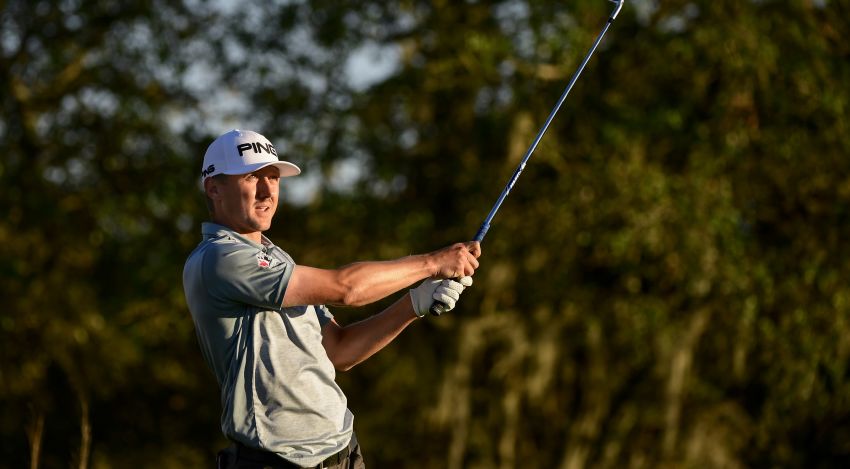After getting to see some solid PGA Tour action and some not-so-solid pace of play, I have read with interest Karen Crouse's New York Times story from Riviera on the topic. Leadership in golf has generally--with exceptions--signalled a desire not to act.
 Going forward I believe we need to separate the issue a few ways so as to not allow the issue to be clouded by excuses.
Going forward I believe we need to separate the issue a few ways so as to not allow the issue to be clouded by excuses.
1.Length of round for the everyday game.
WSJ's Jason Gay included golf in this humorous roundup of what sports are doing to speed things up for an increasingly distracted younger generation.
It isn’t just the big leagues that are worried. It’s every sport. And it isn’t only the sports we watch on TV—it’s the sports we all play, too. Every game needs to be fast. Golf, in particular, is in a high panic that asking anyone under 80 years old to play 18 holes is like asking them to take a month-long canoe trip down the Amazon.
Are you kidding me? Eighteen holes of golf? What do you think I am, dead?
Speed is the rage, we’re all constantly told. People want experiences that are quick and effective and capable of being packed into a torrent of life events. My Journal columns, for example, are now mostly read on mobile phones by readers who are parachuting out of airplanes while using Instagram, fighting robot dinosaurs and making lunches for their kids.
2. Consistently slow golfers who disregard the 45 second rule and fail to play ready golf. There are some--like Ben Crane--who has spent over a decade taking too long to play even a basic shot. Because they're "nice guys" or they make light of their pace in lame videos, they get a pass. When their play is so disproportionately slow compared to their peers, the behavior is unbecoming of a professional golfer. From an in-person spectator view, such play will make people stay at home instead of coming to pro golf tournaments. And its rude to a player's peers.
John Feinstein and I tackled this question on Golf Central today. While I agree with those who say penalty shots are the only solution, I'm increasingly of the view that the only way to make people speed up is to shame in the form of huge (published) fines, reporting each week's bad times and/or having a bonus pool that rewards faster golfers based on ShotLink data.
3. Golfers taking their sweet time in a high-pressure situation. This is the issue Crouse considers in her piece, with Jason Day as the centerpiece. While he is perpetually slow, I think we all understand his view that he should not rush a key shot down the stretch. He even cites the support of Tiger Woods.
However, Day's argument falls flat because he is slow all of the time. Tiger plays at a normal clip, buying some political capital when he has set up shop over a key shot. Same deal with Phil Mickelson. And from what I saw of Jordan Spieth last week when paired with rabbits Bubba Watson and Bill Haas, he's moved into the same category as Tiger and Phil.
Crouse writes:
The movement to speed up the game is driven by the fear that it will not appeal to today’s youth with their increasingly short attention spans or older golfers with limited free time for recreational pursuits. “Is there a way to take 25 minutes off the average round, and is that necessarily going to make for a better product or presentation?” Monahan asked. “It’s not apparent.”
It's also not apparent what the bonus is of watching any round of golf take 25 minutes longer than is necessary.
He noted that events not affected by weather delays or extra holes were being completed within the telecast window, which, like airline flight schedules, is padded to allow for lag time.
“So much of the beauty of what you see week in and week out is what a player faces and how they deal with that,” Monahan added. “Do they change their mannerisms? Do they change their preshot routine? How are they handling that situation?”
Which speaks to the last point: such slow play is interesting when it's a leader down the stretch. But on Thursday to Saturday, the sport is turning people off who come to golf tournaments and watch people stand around.
 Talking to players who did cite the right causes (fast greens, Brian Harman) or reasons no action has occurred sooner (tournaments somehow finishing on time, Pat Perez), it still comes down to policy.
Talking to players who did cite the right causes (fast greens, Brian Harman) or reasons no action has occurred sooner (tournaments somehow finishing on time, Pat Perez), it still comes down to policy.
























